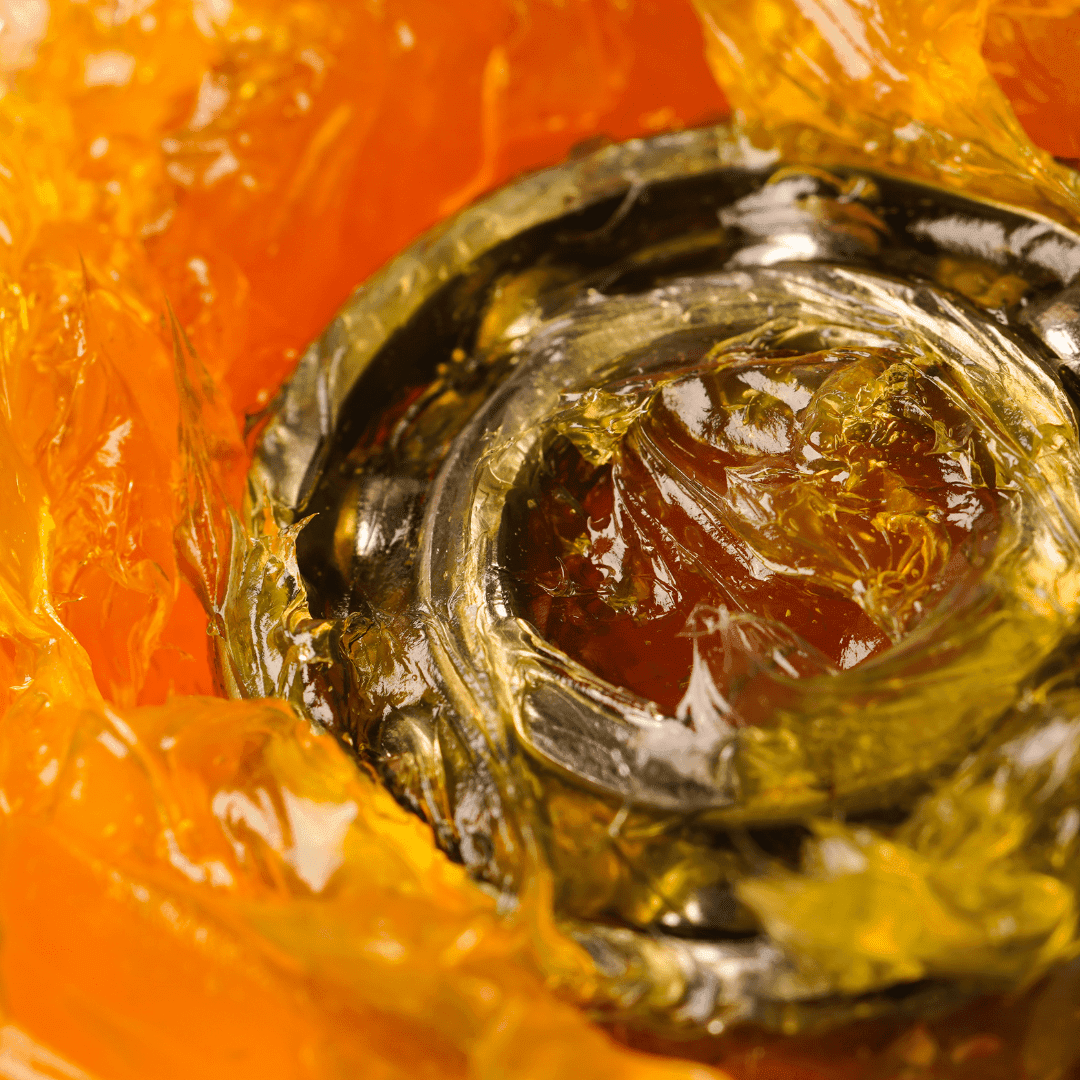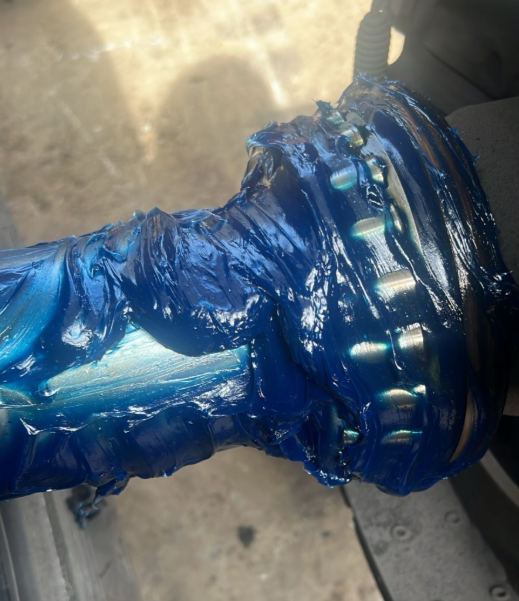Newsroom
Литиевая мыльная смазка против комплексной литиевой смазки - преимущества и недостатки
2018-01-04 
I. Смазка на основе литиевого мыла
Определение: Тип смазки, изготовленной с использованием литиевого мыла (стеарата лития) в качестве загустителя и минерального или синтетического масла в качестве базового масла.
Преимущества:
- Сильная универсальность
Подходит для механических компонентов со средней нагрузкой и средней скоростью, таких как двигатели, конические роликовые подшипники и редукторы, с широким спектром сценариев применения.
- Хорошая адгезия к металлическим поверхностям
- Low Cost
Способно образовывать стабильную масляную пленку.
Mature production process, easily available raw materials, and relatively low price, making it suitable for large-scale industrial applications.
- Good Water Resistance
The structure of lithium soap has a certain ability to resist water washing, allowing short-term use in humid environments (e.g., agricultural machinery, equipment in humid workshops).
- Moderate High and Low Temperature Performance
Dropping point is generally 170-190°C, with good low-temperature starting performance (around -20°C), suitable for temperate regions or non-extreme working conditions.
Disadvantages:
- Insufficient High-temperature Resistance
The recommended long-term service temperature should not exceed 120°C. It is prone to softening and flowing away at high temperatures, making it unsuitable for high-temperature equipment (e.g., kilns, automotive tapered roller bearings).
- Short Service Life
Poor mechanical stability, prone to oil separation under long-term high load or high-speed operation, requiring frequent grease replenishment and maintenance.
- Limited Extreme Pressure Resistance
Without extreme pressure additives, it is difficult to handle heavy load and impact load conditions (e.g., steel and mining machinery).
- Limited Compatibility
Poor compatibility with some synthetic oils or additives, and mixed use may affect performance.

II. Complex Lithium-based Grease
Definition: A type of grease using complex lithium soap (lithium stearate + complex acids such as benzoic acid and sebacic acid) as the thickener, combined with base oil of high viscosity index.
Advantages:
- Excellent High-temperature Performance
Dropping point as high as 260-300°C, long-term service temperature up to 160-180°C, suitable for high-temperature environments (e.g., tapered roller bearings, components around automotive engines).
- Strong Mechanical Stability
The complex soap structure forms a more intricate network of fibers, with strong shear resistance and difficult oil separation, having a service life 2-3 times longer than ordinary lithium-based grease.
- Outstanding Extreme Pressure Resistance
Often added with extreme pressure (EP) additives (such as molybdenum disulfide and graphite), capable of withstanding heavy load and high conditions (e.g., rolling mills, construction machinery).
- Broad Temperature Range Adaptability
Good low-temperature fluidity (around -30°C), not easy to harden at high temperatures, suitable for cold regions or scenarios with large temperature differences (e.g., wind power equipment, aerospace).
- Strong Water Resistance and Oxidation Resistance
Better resistance to water washing than ordinary lithium-based grease, and good oxidation stability, not easy to deteriorate during long-term storage.
Disadvantages:
- High Cost
Complex production process (requiring two-step saponification reaction), high raw material cost, with a price about 2-3 times that of ordinary lithium-based grease.
- Limited Application Scenarios
May be "overkill" under low load and low speed conditions, with lower economy than ordinary lithium-based grease.
- Compatibility Needs Attention
Mixing with non-lithium-based greases (such as calcium-based and sodium-based) may cause structural damage, requiring thorough cleaning of equipment before replacement.
III. Core Index Comparison Table
Indicator | Lithium Soap-based Grease | Complex Lithium-based Grease |
Dropping Point | 170-190°C | 260-300°C |
Long-term Service Temperature | -20°C~120°C | -30°C~180°C |
Extreme Pressure Resistance | Moderate (needs additional additives) | Strong (contains EP additives) |
Mechanical Life | Short (about 500 hours) | Long (about 1,500 hours) |
Cost | Low | High |
Typical Applications | Ordinary motors, water pump bearings | High-temperature bearings, heavy-load machinery |
IV. Selection Recommendations
Prioritize Lithium Soap-based Grease When
On a limited budget and under mild working conditions (medium load, medium temperature, non-humid environment), such as daily maintenance of household machinery and ordinary industrial equipment.
Prioritize Complex Lithium-based Grease When
Facing harsh working conditions (high temperature, heavy load, high speed, or large temperature differences), such as in metallurgy, chemical industry, automotive, and wind power industries, or when pursuing long service life and low maintenance costs.


